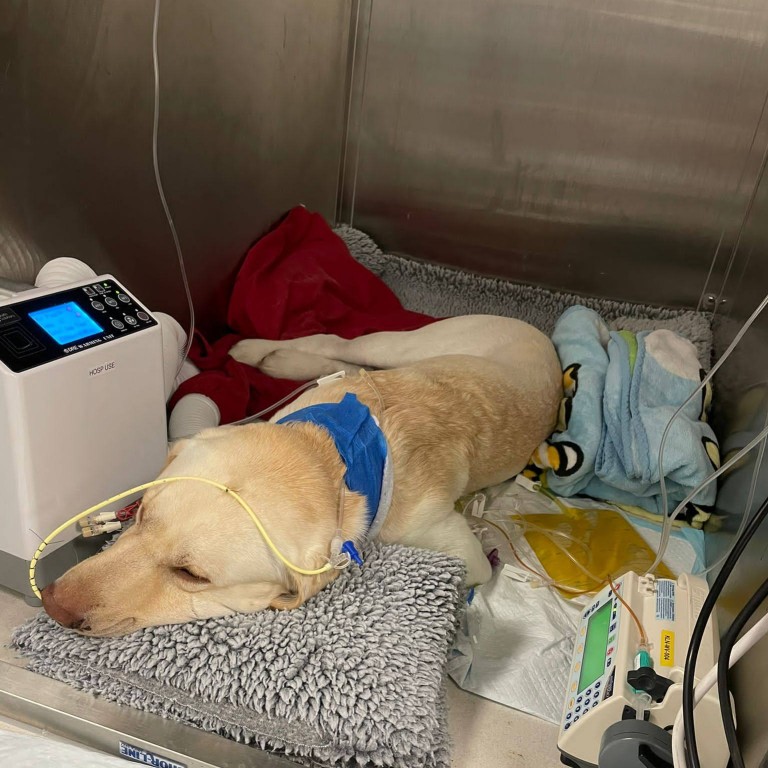
How leptospirosis left a pet dog fighting for its life in a Hong Kong vet’s clinic and its owner with a US$50,000 bill
- Leptospirosis, a bacterial disease spread in rat urine, can seriously damage pets’ liver and kidneys, in some cases killing them. People can get it too
- One Hong Kong dog owner sees his infected pet recover; another is not so lucky. Vets warn owners to keep dogs on a leash around watercourses to avoid the bug
When Tong Jun-wan moved to Hong Kong from New York in 2020, he chose to live in Tseng Lan Shue, a small village in Sai Kung in the New Territories.
The rural environment was perfect for his active lifestyle – and his dog Buchi, a Labrador retriever he had relocated from the United States.
“My village house is on section four of the Wilson Trail,” says Tong, referring to the 78km (48-mile) south-north footpath that runs through Hong Kong country parks. “There are streams for Buchi to run through … he loves jumping in the water with a frisbee.”
But in early September, Buchi, two, contracted leptospirosis, a bacterial disease that can cause serious damage to the kidneys and liver. In severe cases it can be fatal. The disease can also affect humans.
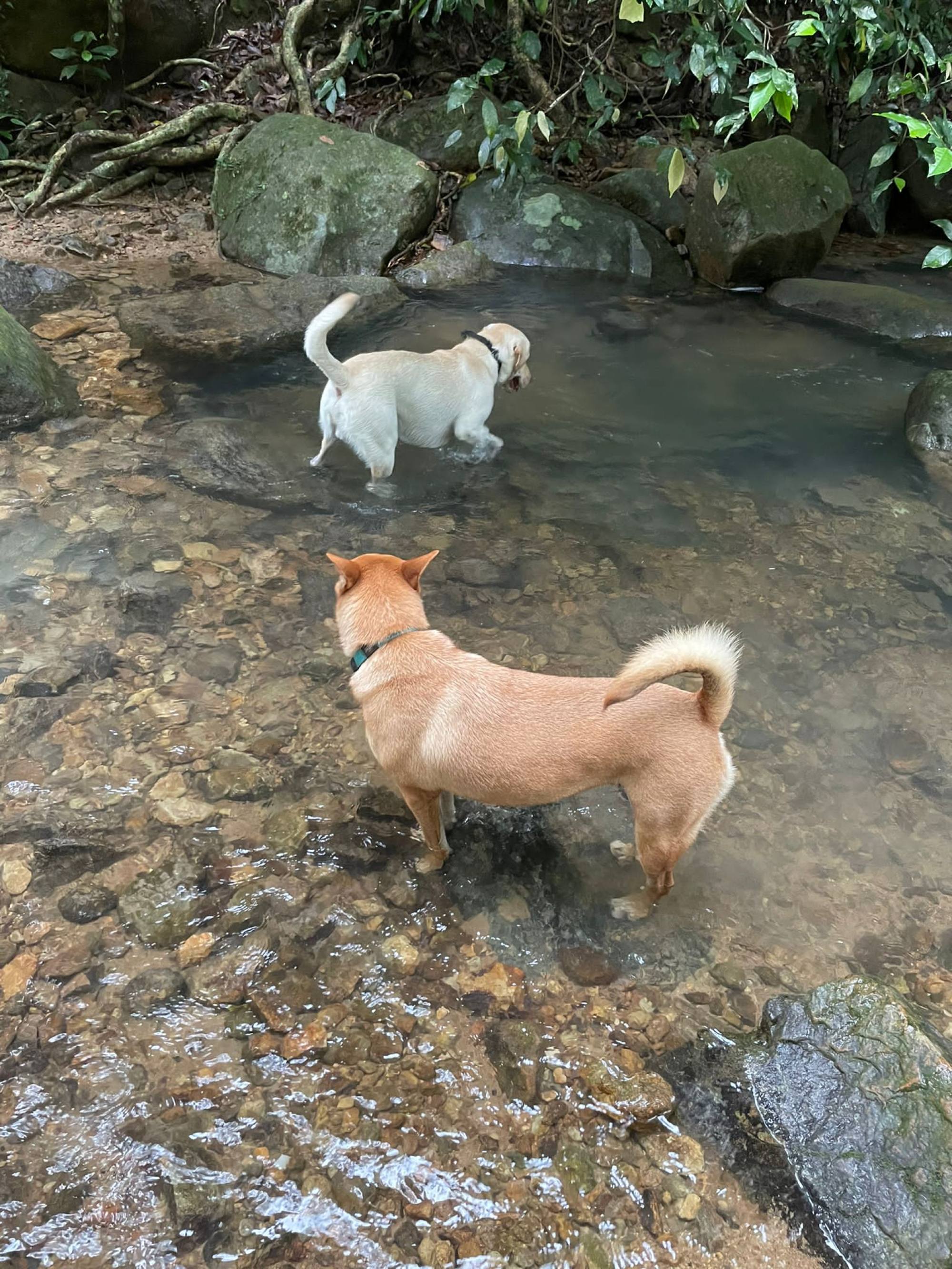
“There are more than 200 different strains of this bacteria, but only six to eight of them can infect dogs,” says Joshua Steinhaus, a specialist in internal medicine at Hong Kong’s Veterinary Specialty Hospital. “The bacteria can infect many organs, including the kidneys, liver, spleen and brain,” he says.
Usually spread by rat urine, leptospirosis is most commonly caught in Hong Kong during the summer rainy season, when dogs splash through tainted rivers, streams and puddles, or worse, drink from them. Infected dogs can also spread the disease through their urine.
Dog owners beware: new disease strain threatens Hong Kong
Steinhaus says, anecdotally, leptospirosis season was later this year – it typically occurs in July and August. “This year it occurred late August to early September.”
Steinhaus is among many experts in the city advising owners to keep dogs on a leash around watercourses to prevent them from playing in or drinking potentially tainted water.
Common symptoms, he says, include lethargy, fever, sore muscles, shivering, weakness, increased thirst and urination, vomiting and runny nose.
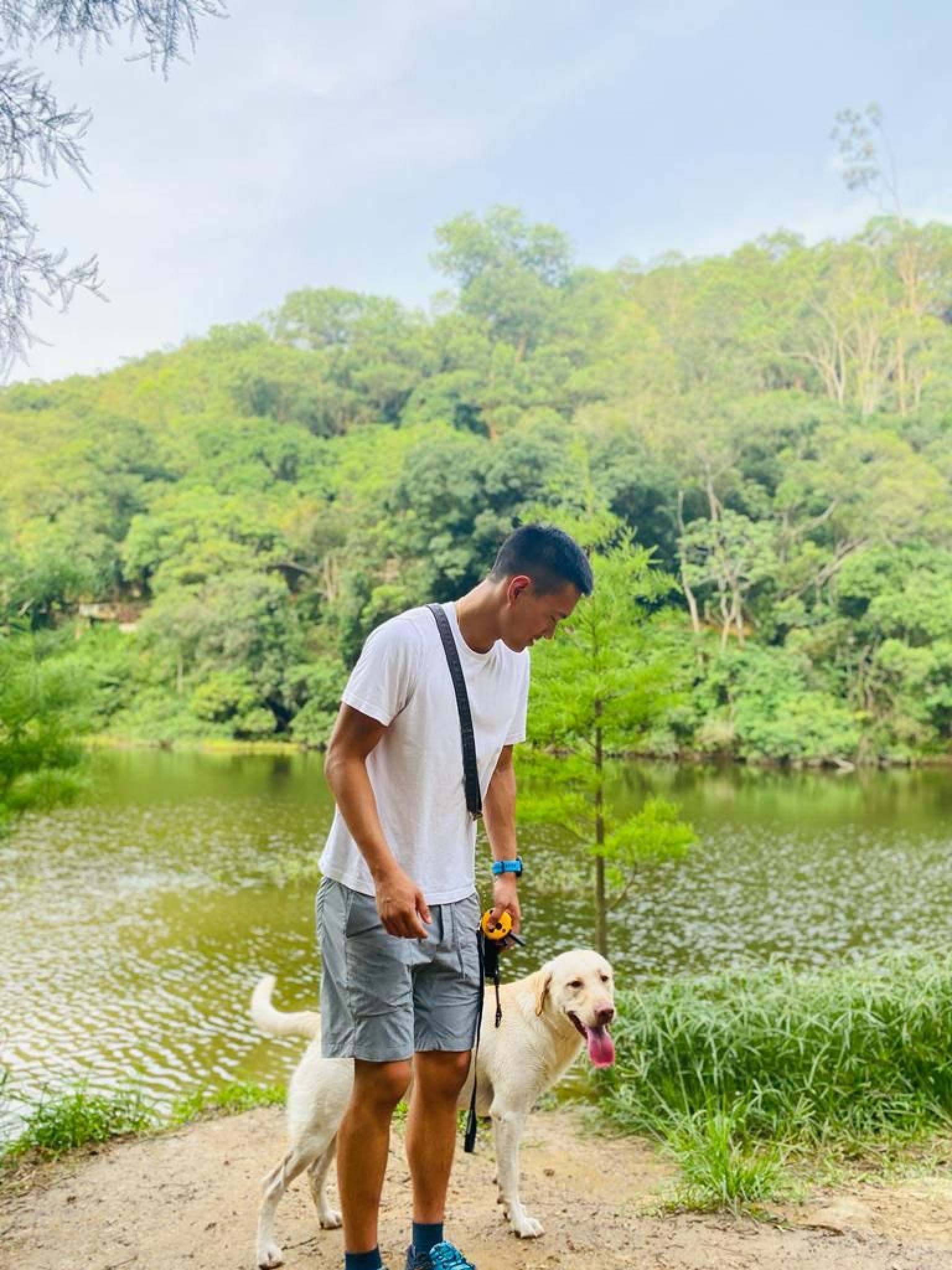
Tong knew something was wrong with Buchi when he didn’t want to play or eat. “Labs are food motivated, so it was odd when he didn’t finish his dinner,” he says. “He was also lethargic and later in the night started vomiting.”
Buchi spent nine days in hospital, two of those on kidney dialysis. While leptospirosis can be treated with antibiotics to kill the Leptospira bacteria, intensive medical treatment may be required if a dog develops kidney failure or liver dysfunction.
“He had an acute case and almost died,” says Tong, adding that the battle continues with weeks of outpatient care. “He’s on five different pills and daily IV fluids.” It was also tough financially: Buchi’s treatment cost HK$392,000 (US$50,000).
Pet healthcare a growth industry amid Covid-19 in Hong Kong
Hong Kong dog trainer Adrienne Lee saw three of her four dogs – G Dragon, a three-year -old Jack Russell Terrier and her two nine-year-old Malinois, Rocco and Canon – infected. Sadly, Rocco died.
“I live on Clear Water Bay Road and twice a week would take my dogs to swim at the beach,” says Lee. “I have no idea where my dogs got leptospirosis, as they have been going to the same beach for years and I never take my dogs to play in the mountain streams … They only swim at the beach and after they swim, I always put them on a leash.”
All her dogs were vaccinated with LeptoVax 4, which helps protect against four different types of leptospirosis. Buchi was also vaccinated.
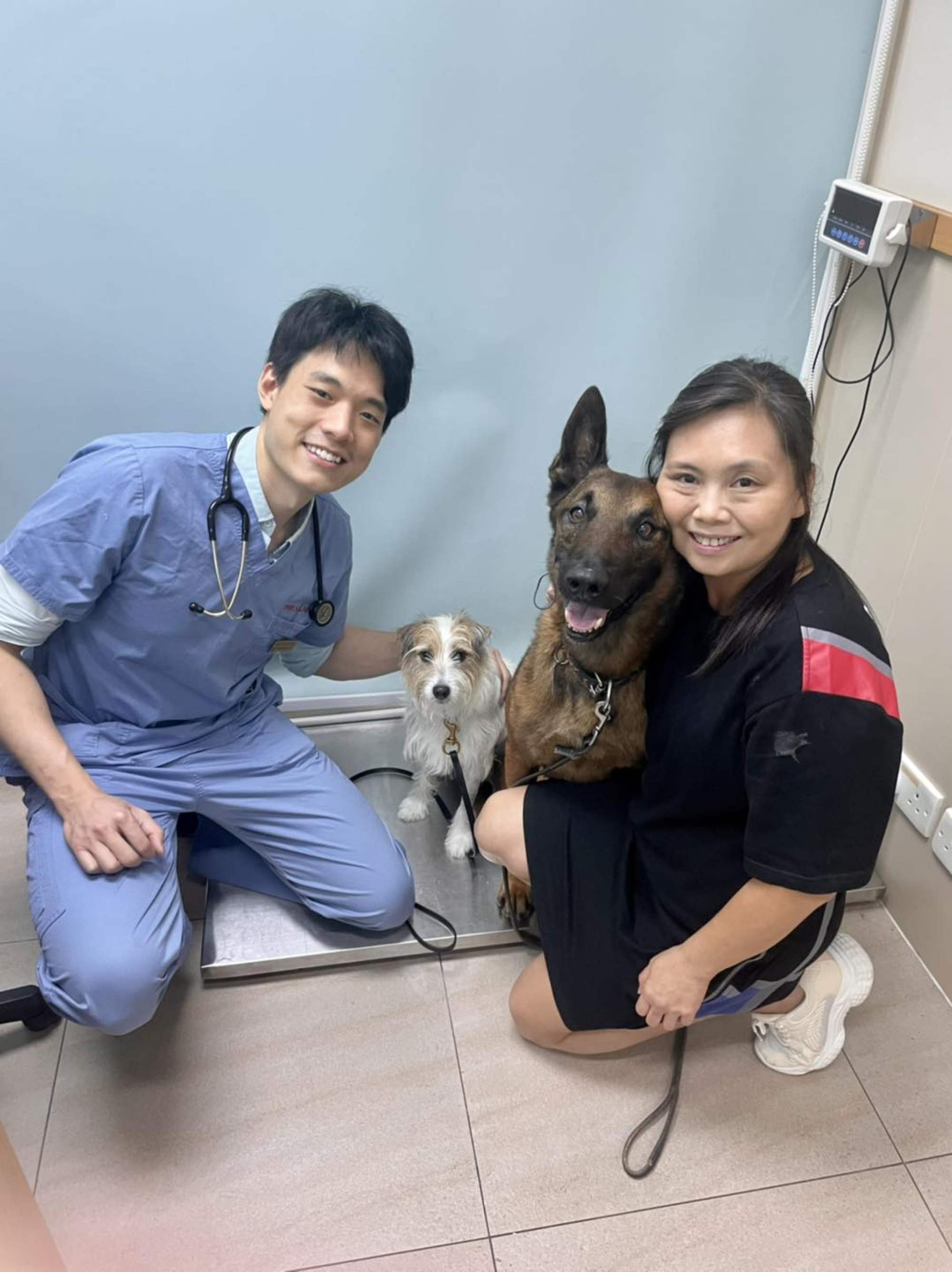
While the vaccine boosts a dog’s immune response during infection, it is possible for dogs who have received LeptoVax 4 to still contract the disease. “We’ve seen new strains of leptospirosis in Hong Kong which routine vaccinations do not cover,” says Steinhaus.
Lee now faces endless and expensive medical treatment. “Some organs may never 100 per cent recover,” she says.
“I really want to thank my vet Dr Victor Poon. Because of his good judgment, [my dogs were] given the appropriate medication in a timely manner.”
Hong Kong vet Victor Poon, who treated Lee’s dogs, says leptospiral organisms prefer warm, moist, alkaline environments. “They are more likely to be found in stagnant or slow-moving water. Although they do not replicate outside the host, they can remain viable for months in optimal environments.”
According to the Hong Kong government’s Centre for Health Protection (CHP), the last human death from leptospirosis in the city was that of a 72-year-old man in April, 2021.
Most human infections occur through contact with urine from infected animals, primarily through skin abrasions, open wounds or mucous membranes, and occasionally through eating contaminated food or inhaling the bacteria.
Human-to-human transfer is rare. The incubation period is usually between four and 19 days.
How to sleep better: share your bed with a partner, have a dog in the room
How to protect your dog against leptospirosis infection
1. Have your dog vaccinated. There are two types of leptospirosis vaccinations available. One forms part of the annual DHPPiL combination vaccine that all dogs receive, and protects against two serovars (types) of Leptospira bacteria. It is ineffective as a preventive treatment against the other serovars of Leptospira found in Hong Kong.
Upon receiving the vaccine, dogs will develop antibodies to the Leptospira bacteria, which will boost an immune response during infection. It is possible for dogs who have received LeptoVax 4 to still contract the disease, but they will have a better chance of fighting the infection than non-immunised dogs.
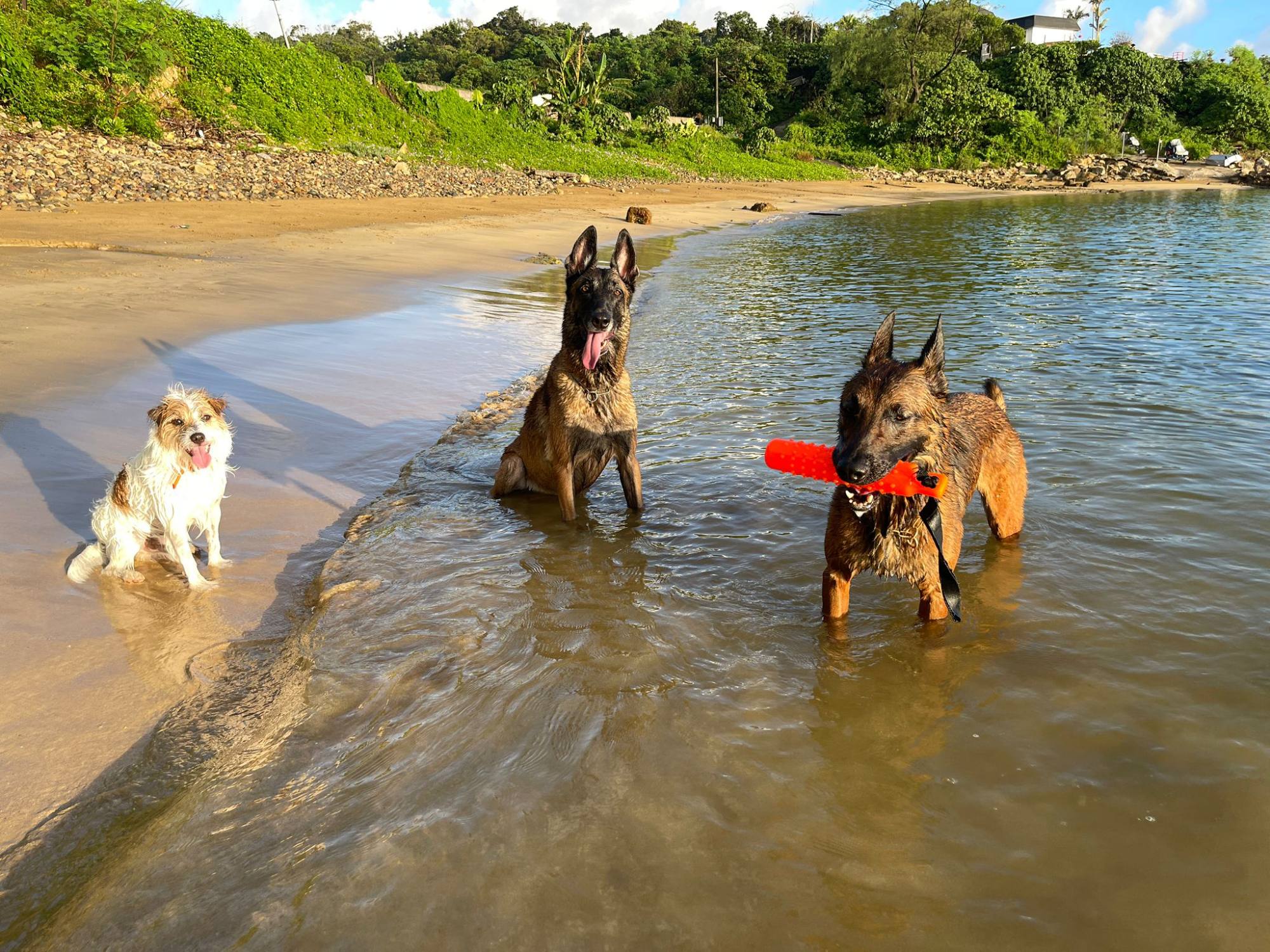
2. Avoid contact with fresh water, soil and vegetation that might be contaminated with the urine of infected animals, especially rodents. Never touch a dead animal with bare hands or allow your dog to come into contact with it.
3. Wash or shower after exposure to contaminated water or soil.
4. Wear appropriate protective clothing and footwear when participating in recreational or work activities that might result in contact with contaminated soil or water.
Life as a vet is challenging and emotional, but you can make a real difference to the lives of animals and people
5. Wash your hands frequently.
6. Do not allow your dog to drink from or play in natural water sources. Take bottled water on walks instead.
7. Avoid swimming or wading in potentially contaminated water.
8. Eliminate rodents and keep the community and home environment clean.

